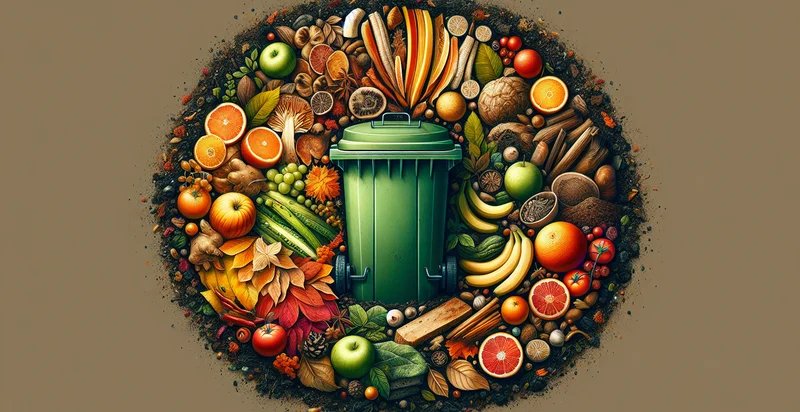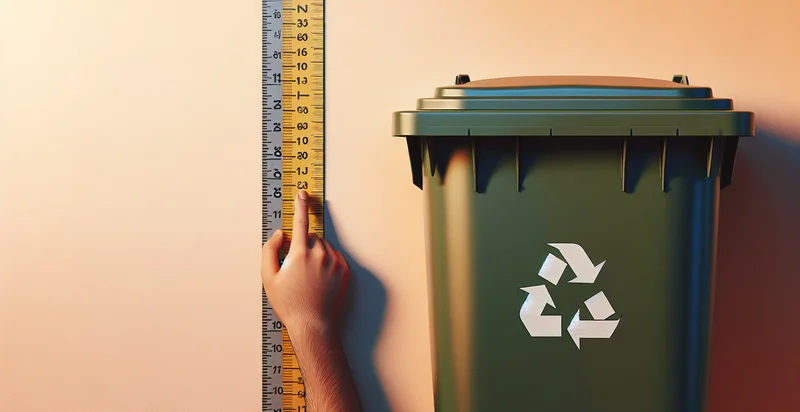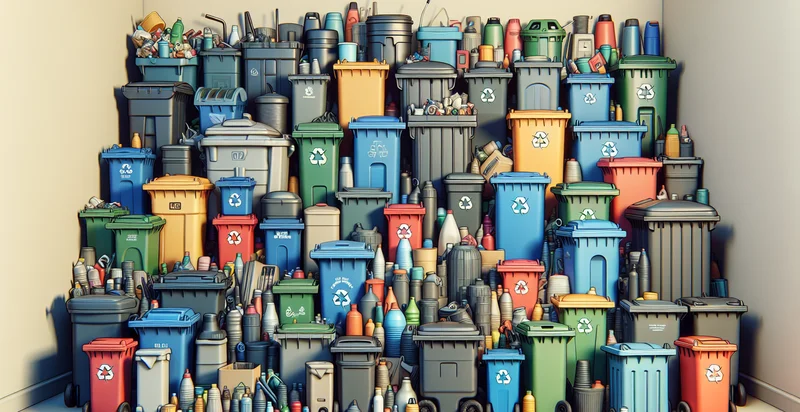Identify the color of a compost bin
using AI
Below is a free classifier to identify the color of a compost bin. Just upload your image, and our AI will predict the color of a compost bin - in just seconds.

Contact us for API access
Or, use Nyckel to build highly-accurate custom classifiers in just minutes. No PhD required.
Get started
import nyckel
credentials = nyckel.Credentials("YOUR_CLIENT_ID", "YOUR_CLIENT_SECRET")
nyckel.invoke("the-color-of-a-compost-bin", "your_image_url", credentials)
fetch('https://www.nyckel.com/v1/functions/the-color-of-a-compost-bin/invoke', {
method: 'POST',
headers: {
'Authorization': 'Bearer ' + 'YOUR_BEARER_TOKEN',
'Content-Type': 'application/json',
},
body: JSON.stringify(
{"data": "your_image_url"}
)
})
.then(response => response.json())
.then(data => console.log(data));
curl -X POST \
-H "Content-Type: application/json" \
-H "Authorization: Bearer YOUR_BEARER_TOKEN" \
-d '{"data": "your_image_url"}' \
https://www.nyckel.com/v1/functions/the-color-of-a-compost-bin/invoke
How this classifier works
To start, upload your image. Our AI tool will then predict the color of a compost bin.
This pretrained image model uses a Nyckel-created dataset and has 10 labels, including Black, Blue, Brown, Gray, Green, Multi-Color, Orange, Red, White and Yellow.
We'll also show a confidence score (the higher the number, the more confident the AI model is around the color of a compost bin).
Whether you're just curious or building the color of a compost bin detection into your application, we hope our classifier proves helpful.
Related Classifiers
Need to identify the color of a compost bin at scale?
Get API or Zapier access to this classifier for free. It's perfect for:
- Waste Sorting Optimization: This function can be integrated into smart waste bins that automatically identify the color of compost bins. By accurately determining whether users are sorting their waste correctly, the system can provide real-time feedback through notifications or alerts, improving overall recycling rates.
- Smart City Infrastructure: Municipalities can use the color identification function to monitor the usage and placement of compost bins across neighborhoods. This data can inform city planners about the effectiveness of composting programs, leading to better resource allocation and enhanced community engagement in sustainability initiatives.
- Educational Campaigns: Schools and environmental organizations can leverage this function to promote composting awareness. By identifying and showcasing the correct colors associated with compost bins, it can help educate communities on proper waste disposal practices and the importance of composting for reducing landfill waste.
- Retail Waste Management: Grocery stores and retailers can employ this image classification function to manage their compost bin inventory more effectively. By tracking the color of bins used in-store, businesses can optimize the placement and quantity of bins to encourage responsible waste disposal behavior among customers.
- Compliance Monitoring: Companies that produce waste can use the function to ensure compliance with environmental regulations on waste disposal. By confirming that the correct colored compost bins are being used, organizations can avoid fines and showcase their commitment to sustainability.
- IoT-Enabled Feedback Systems: By integrating the image classification function with IoT devices in compost bins, businesses can receive data-driven insights. For example, when a user incorrectly disposes of waste in a bin, the system can send feedback, helping to refine waste disposal behavior over time.
- Environmental Impact Reporting: NGOs and researchers can utilize this technology to collect accurate data on composting practices within communities. By analyzing the frequency and colors of compost bin usage, they can better assess environmental impact and develop more targeted programs for waste reduction and sustainability initiatives.


